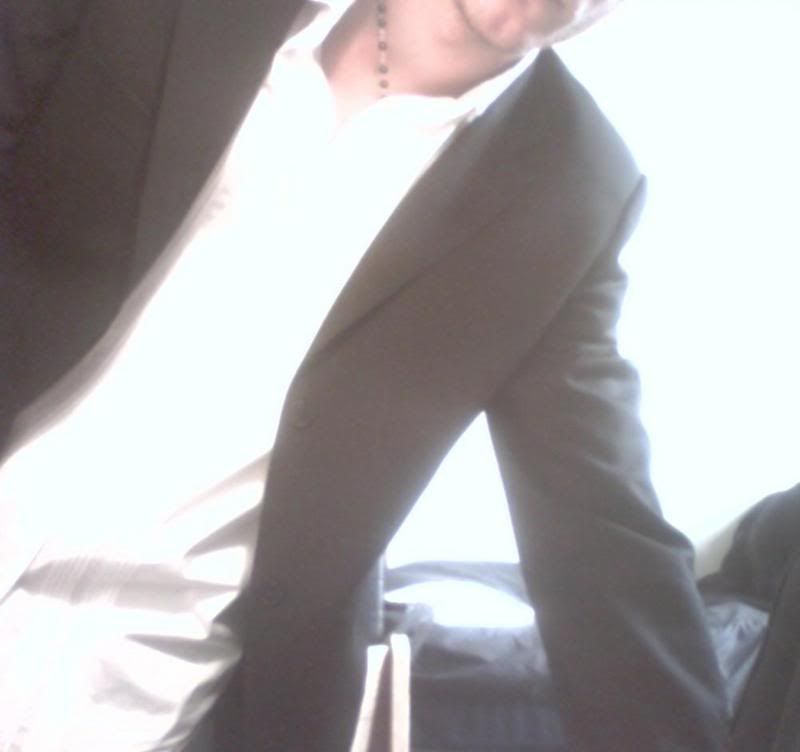One of the things talked about when we were reading Extremely Loud and Incredibly Close was the fact that many in the Jewish community thought that Jonathan Safran Foer had made the Holocaust an event of nostalgia, after not having experienced it first hand. When I read his first book, I noted the passion that he had written about the Holocaust, and had thought that a non-jewish author would have a difficult time trying to infuse the writing with the same passion and would lose some credibility of being an outsider writing about such an event. The fact that he didn't experience it first hand, and was at least a generation away from the events, hadn't occurred to me in relation to his sincerity of writing about the subject.
When the terrorist attacks on September eleventh happened, I honestly wasn't sure how to react. I didn't know why we were being attacked, who attacked us, I was thousands of miles away, watching it on TV, and--while I knew it affected me--I wasn't there to feel it directly. I remember one of the most poignant images I saw being that of the man falling from the building.
While I don't accuse Foer of attempting to use tragedy for literary or economic gain, after the class discussion I'm a bit less able to accept his writing as entirely sincere. I noted the fact that the two novels were almost identicle in it's use of tragedy and time shifts, and felt that the power of tragedy was being used more as a common demonitator, imposed upon a common formula to make a story. The story was still well written and moving, but I felt that being moved was more intention of writing than honestly intended emotional empathy.
Thursday, March 6, 2008
Subscribe to:
Post Comments (Atom)

No comments:
Post a Comment